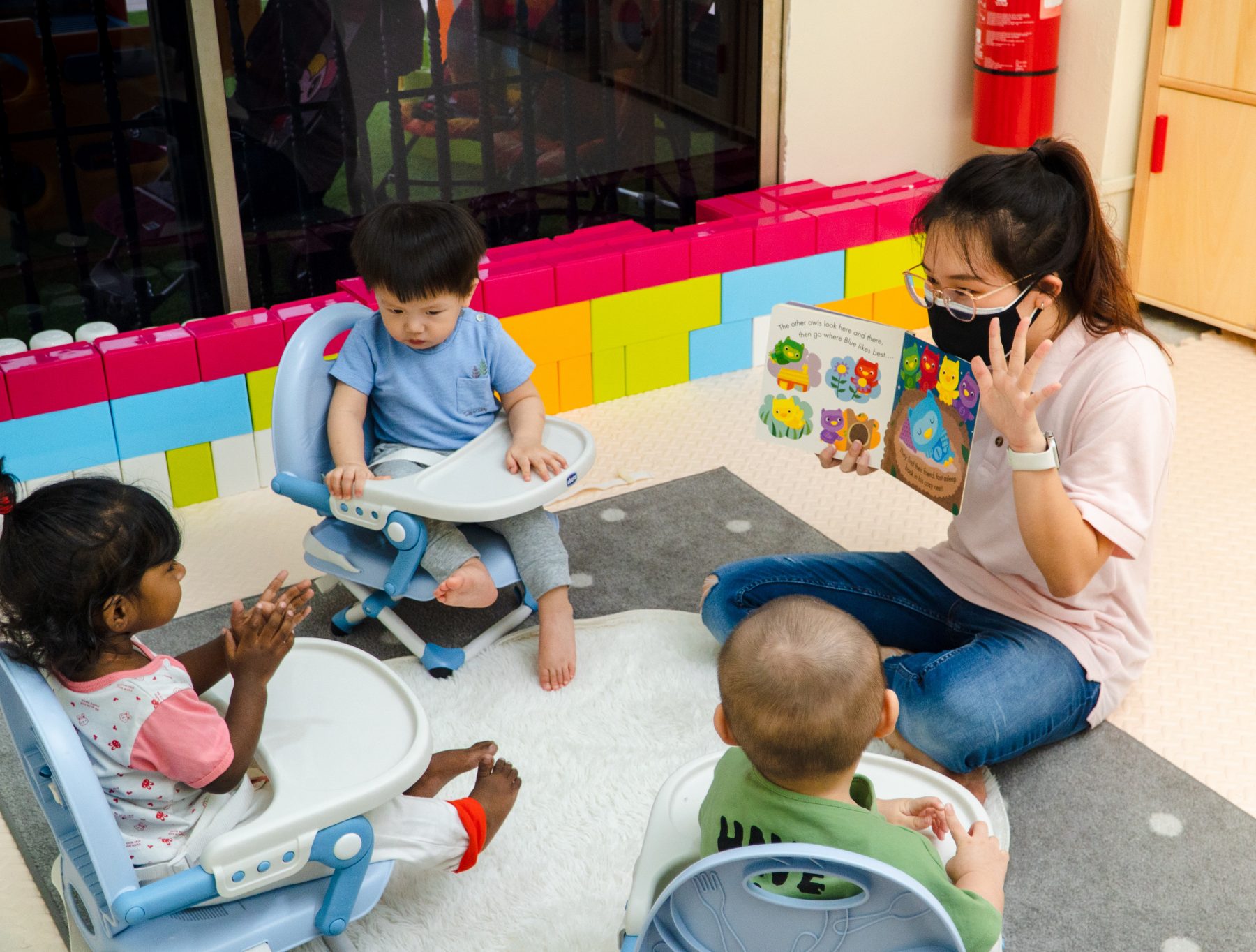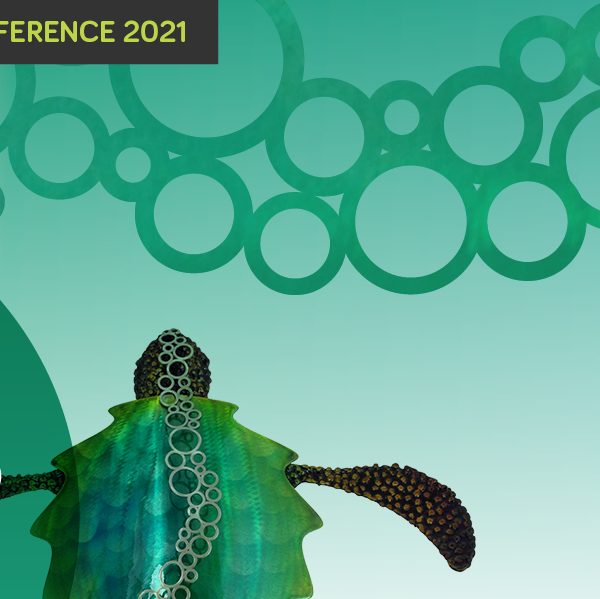Education Minister addresses ECA conference, pleads for vaccine rate to grow

Federal Minister for Education and Youth Alan Tudge has used a welcoming address at the Early Childhood Australia (ECA) National Conference to address COVID-19 supports for the sector, workforce challenges and Government initiatives announced in recent months, including Closing the Gap measures.
Significantly, the Minister used the opening of his address to speak on COVID-19 vaccinations, saying he is “very concerned about the impacts on education and mental health these extended lockdowns are having,” and calling on the early childhood education and care (ECEC) community to get vaccinated to reach national targets of 70 to 80 per cent of the population being vaccinated quickly.
“Kids Helpline has reported a 200 per cent increase in calls from five-year-olds over the first six months of 2021,” he said. “We need to see an end to lockdowns as soon as possible.”
“The fact we are coming together online is an important reminder of where we are right now – with the nation’s two most populous states, NSW and Victoria, as well as the ACT in extended lockdowns.
For our children, this is the resilience lesson none of us wanted them to have. Schools disrupted, and early learning environments too,” the Minister explained.
Acknowledging the challenges, thanking the ECEC workforce
Mr Tudge acknowledged the impact of the lockdowns on the ECEC sector, highlighting the struggles of Victoria in particular.
“I want to say a huge thank you to the educators and teachers, centre directors and leaders for the incredible job you always do, but especially during this pandemic. Please know you are appreciated.”
“As Australians are asked to stay home, you are asked to keep showing up. And you do – continuing to offer education and care to children, including for the children of frontline health and emergency workers.”
Workforce shortages
Mr Tudge acknowledged that the pandemic has exacerbated existing workforce shortages, noting the “compounding effects of low unemployment and low migration combined with strong competition for jobs” as a contributing cause.
“The National Skills Commission predicts that by 2025 we’ll need around an additional 13,300 educators and 8,200 Early Childhood Teachers,” he said.
“No matter where I’ve travelled in Australia since being Education Minister, this is the number one issue raised with me from the early childhood sector. I hear you loudly and clearly.”
“The National Children’s Education and Care Strategy is progressing and will support the recruitment, retention, sustainability, and quality of the ECEC workforce,” he added.
Ongoing funding
After making extensive comments about affordability and female workforce participation, the Minister addressed the commitment made by the Government to ongoing funding for all children in the year before school, describing Universal Access as a “tremendous achievement” for both ECEC and the Government.
“Early Childhood Australia, amongst others, have been calling for a longer-term approach to funding and we’ve been able to deliver on that this year,” he added.
“What that means is that we’ve locked in that funding on an ongoing basis – $2 billion in the first four years – and we’ve linked that funding to a reform agenda focused on children.”
In order to ensure that preschool education represents “a value add” for children, the Minister announced that he has appointed an Expert Advisory Group to advise the Australian Government on the development of the outcomes measure.
The Group will be convened until mid next year with experts from early childhood education, including educators, as well as those who’ve worked in early childhood development and research.
“It’s an important step, but not one that will be rushed, with implementation of an outcomes measure in 2025,” Mr Tudge added.
“We are expecting it will continue to inform good practice and drive quality outcomes for kids, just like the Australian Early Development Census – the AEDC – informs us every three years at a population level from the view of a child’s first year in school.”
Closing the Gap
Mr Tudge rounded out his address by speaking to the “important work” done by the Government when it comes to addressing the early childhood Closing the Gap measures announced last month with Minister for Indigenous Australians Ken Wyatt.
“We are investing around $120 million, including to expand the Connected Beginnings program in 27 new sites and the Community Child Care Fund Restricted Program to invest in up to 20 additional mostly Aboriginal and Torres Strait Islander-run child care services in remote and very remote communities.
The Minister outlined his “personal and real commitment” to “shifting the dial” for Indigenous Australians through education, starting in the early years.
“Minister Wyatt and I are committed to seeing this investment realised in the preschool participation and school readiness Closing the Gap targets in years to come.”
Mr Tudge concluded his address by thanking the sector for its commitment to, and enthusiasm for, early childhood education.
“It’s been a tough 18 months for all of us, but I am optimistic for the future,” he said.
Popular

Quality
Provider
Policy
Practice
WA approved provider fined $45,000 over bush excursion incident
2025-07-01 07:00:01
by Fiona Alston

Workforce
Policy
Quality
Practice
Provider
Research
ECEC must change now, our children can’t wait for another inquiry
2025-07-02 07:47:14
by Fiona Alston

Workforce
Quality
Provider
Victorian man charged with over 70 child sexual abuse offences linked to Melbourne ECEC settings
2025-07-01 10:46:10
by Fiona Alston











